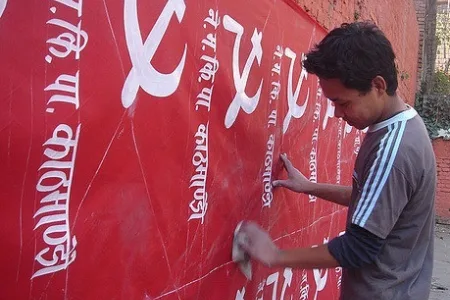Political parties and peacebuilding

International peacebuilding actors have so far been wary of engagement with political parties. However, there is growing recognition of the importance of working with local political systems, institutions and parties in the promotion of peace. It is therefore important that international actors strengthen their understanding of political parties in conflict-affected contexts and how such parties relate to conflict and peacebuilding, as well as examine how best to deepen engagement with them.
This report examines the nature of political parties in conflict-affected contexts and the challenges such parties face in becoming effective actors for peace. It analyses three cases – Sri Lanka, Nepal and Myanmar – where parties have played very different roles in relation to both the grievances and struggles that have fuelled conflict, and efforts to build and sustain peace. It then discusses how lessons from these cases can inform the work of international peacebuilding actors.
Finally, the report examines the track record of the international community in working with political parties in conflict-affected contexts. It argues that international actors must move beyond “blueprint” approaches to party support and instead develop more comprehensive and context-relevant responses to the specific challenges that such parties face.
There is growing awareness among international peacebuilding and statebuilding actors of the importance of engaging more effectively with political processes and structures in conflict-affected and post-conflict states. Although political parties are frequently at the centre of such processes and structures, international actors have generally been wary of working with them beyond limited capacity-building activities, seeing this as a sensitive and high-risk area.
Political parties can help build peace. However, they can also fuel antagonism, grievance and conflict. If international peacebuilding and statebuilding actors are serious about working more effectively with local politics, it is essential that they strengthen their understanding of political parties and the roles they play in relation to conflict and peacebuilding, as well as rethink how best to engage with them.